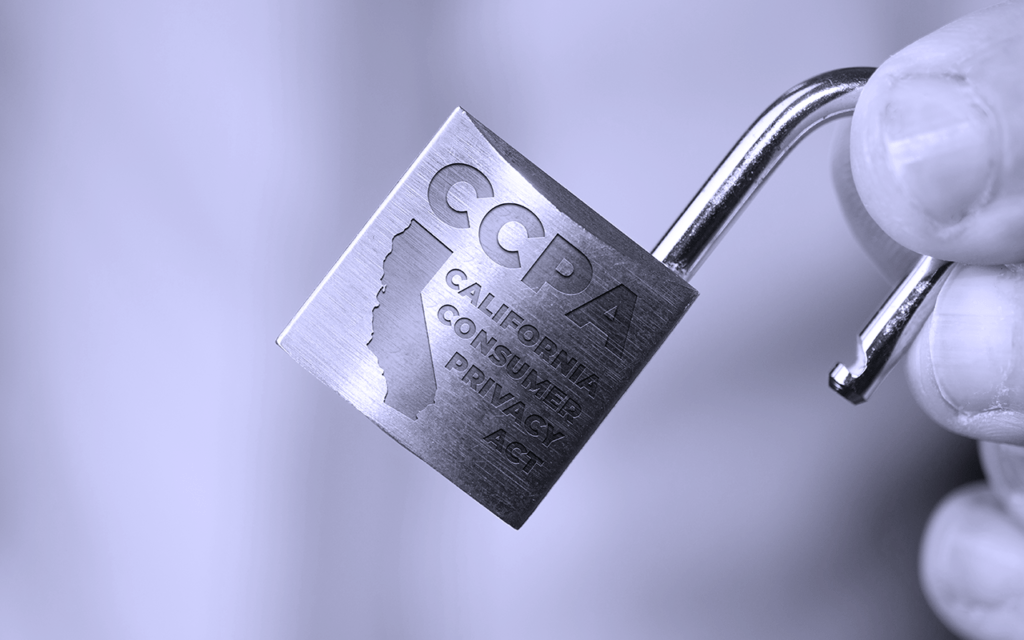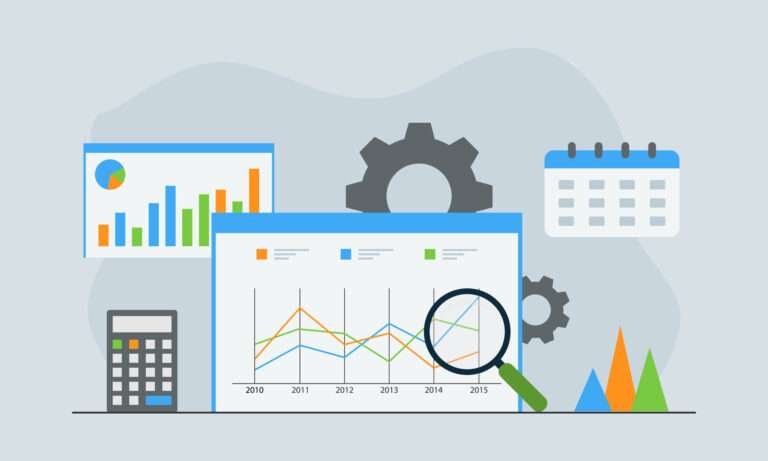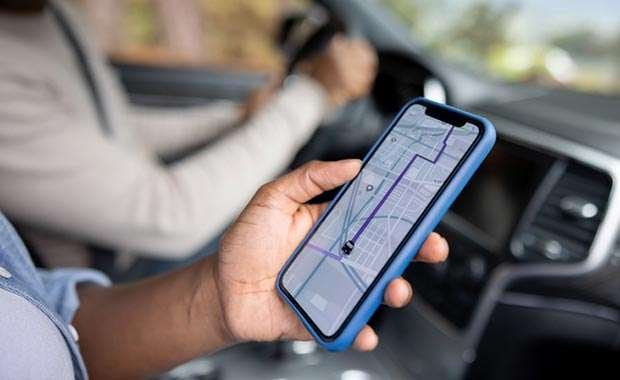Digital Privacy in 2024: How to Protect Your Data in a Hyper-Connected World
Introduction
A growing concern for privacy is a result of the rapid evolution of the digital era. The issue of how to safeguard personal information in a society with extensive connectivity is becoming increasingly urgent as 2024 draws near. Digital privacy is a contentious topic, with social media companies monitoring every click and governments gathering enormous volumes of data. How can you protect yourself, though, and why is it so crucial? Let’s explore.
Understanding Digital Privacy
What is Digital Privacy?
Protecting personal data that is shared or stored online is known as digital privacy. Anything from your social media usage patterns to private information like bank account details can fall under this category. Maintaining control over your data in an online setting is the essence of digital privacy.

How Digital Privacy Has Evolved Over Time
In the past ten years, privacy has become a primary issue instead of a secondary worry. Most consumers were not aware of how their data was being gathered or used in the early days of the internet. By 2024, data has emerged as the digital economy’s currency, sparking a rise in privacy consciousness.
Threats to Your Digital Privacy
Data Breaches and Hacks
High-profile data breaches are now often reported. Hackers continue to develop ways to take advantage of security system flaws in both large and small digital companies, taking confidential data and putting millions of people at danger of identity theft.
Surveillance: Governments and Corporations
Companies and governments are examining personal data more closely. Corporations exploit this data for targeted advertising and financial gain, while governments may use it for national security purposes. The outcome? The extent of the monitoring of your personal life may be unknown to you.
The Rise of Cybercrime in 2024
In recent years, cybercrime has skyrocketed, and new attack types including ransomware, phishing, and crypto-jacking have emerged. The threat to individual privacy increases along with the sophistication of these attacks.
Social Media: A Privacy Minefield
Although social media sites like Facebook, Instagram, and Tiktok are well-known for gathering vast quantities of user data, they can also be entertaining. Each click, like, and share is a piece of data being tracked. Your digital footprint on these platforms might turn into a treasure trove for advertisers and fraudsters if you don’t take the right safeguards.
Why Protecting Your Data is More Important Now Than Ever
Increased Use of Smart Devices
Data is continuously being collected by smart devices such as wearables, phones, and even smart home appliances. Your home probably has more connected devices now than it did in 2024, which makes it simpler for data to be stolen or used improperly.
Data as the New Currency
Data is more valuable than ever in today’s digital environment. Businesses are prepared to spend a lot of money on your browsing patterns, preferences, and history in order to provide hyper-targeted advertisements. Privacy is increasingly more important in light of the monetization of personal information.
Privacy Laws: A Global Perspective
Globally, nations have begun to take privacy more seriously. One of the strictest privacy regulations in the world is the General Data Protection Regulation (GDPR) of the European Union. Region-specific privacy regulations vary, though, and being aware of your rights is essential to protecting yourself.
Key Tools to Safeguard Your Data
Encryption: What It Is and Why It Matters
One of the best methods for protecting your data is encryption. Information is jumbled, making it unreadable by anybody without the proper decryption key. Encryption is essential for modern digital privacy, whether it’s protecting your emails or cloud storage.
VPNs: Your Digital Shield
By encrypting your internet connection and hiding your IP address, a virtual private network, or VPN, makes it more difficult for hackers or businesses to monitor your online activity. When utilizing public Wi-Fi networks, which are frequently targets of cyberattacks, VPNs are very helpful.
Multi-Factor Authentication: The Extra Layer of Protection
Multi-factor authentication (MFA), which requires more than simply a password, adds an additional degree of protection. Without the second verification step, like a text message code or biometric scan, even if someone gets to steal your password, they won’t be able to access your account.
Password Managers: Strong Passwords Made Simple
Still, a lot of people use weak passwords or the same password for several accounts. By creating and saving complicated, one-of-a-kind passwords for every account, a password manager helps you avoid being the victim of a brute-force attack.
Best Practices for Enhancing Digital Privacy
Adjusting Privacy Settings on Social Media
Although they are sometimes hidden in menus, privacy settings are available on the majority of social media networks. You may significantly cut down on the quantity of personal information you unintentionally share by taking the time to change these settings.
Limiting Data Sharing with Apps and Websites
Pay attention to the permissions you give apps. Numerous programs ask for information they don’t require, such your contacts or location. To reduce the quantity of information shared, review these permissions on a frequent basis.
Understanding and Managing Cookies
While not all cookies are necessary, they do track your online actions. You can control cookie settings on many websites, so to improve your privacy, turn off any cookies that aren’t needed.
Regularly Updating Software for Security Patches
Cyberattacks frequently start with outdated software. Frequent updates fix security flaws that could jeopardize your privacy in addition to adding new features.
The Role of AI in Digital Privacy
AI’s Ability to Enhance Privacy
With automated monitoring systems, artificial intelligence (AI) can assist in spotting possible security risks and protecting data. Tools with AI capabilities can identify irregularities in your online activity and thwart threats before they result in breaches.

Potential Risks of AI to Your Data Security
But AI can have both positive and negative effects. Your privacy can be violated by the same technology that keeps you safe. More and more intrusive AI algorithms are monitoring your personal tastes and activity to provide recommendations and adverts that are specifically tailored to you.
Emerging Privacy Technologies to Watch in 2024
Zero-Knowledge Proofs
Data verification is made possible by this new technology without disclosing the actual data. An additional degree of secrecy is provided by zero-knowledge proofs, which are utilized in blockchain transactions and secure communications.
Blockchain for Secure Data Transactions
Data security is being revolutionized by blockchain technology. Blockchain improves data privacy by decentralizing information storage, which makes it more difficult for hackers to target a single point of failure.
Government Policies and Regulations
GDPR and Similar Laws: How They Protect Your Privacy
Strict rules on how companies can gather, keep, and utilize personal data are established under the GDPR in the European Union. Similar laws safeguarding consumer privacy are being implemented in other nations.
Current Regulations in the US, Europe, and Asia
Different regions have different privacy laws. While Asian nations like Japan and South Korea are also enforcing stronger privacy laws, the United States offers some protection through legislation like the California Consumer Privacy Act (CCPA).

What Future Privacy Laws Might Look Like
Future legislation may place a greater emphasis on user control and openness as concerns over digital privacy rise. Anticipate additional laws that restrict the use of data by businesses and offer people more control over it.
Digital Privacy for Businesses
Importance of Protecting Customer Data
Companies need to safeguard consumer information to foster trust as well as to adhere to legal requirements. A company’s reputation can be seriously harmed by a single data breach.
Tools and Policies for Business Data Security
Businesses need to make investments in data protection techniques and practices, from encryption to employee training. Maintaining compliance requires regular audits and adherence to privacy regulations.
Building Trust with Customers Through Privacy
Openness is the cornerstone of trust. Businesses may strengthen their relationships with customers by being transparent about how they manage data.
How to Educate Yourself on Digital Privacy
Reliable Resources and Courses
One of the best ways to defend yourself is to stay educated. You can learn about privacy best practices from a variety of online tools and courses, including those offered by the Center for Internet Security and the Electronic Frontier Foundation (EFF).
Staying Up-to-Date with Privacy Trends
Threats to privacy are always changing along with the digital world. Make it a habit to follow reliable tech news websites or sign up for privacy-focused newsletters in order to be informed on the most recent privacy news and trends.
Conclusion
In 2024, digital privacy will be a complicated but essential part of living in a world with many connections. You can safeguard your data and maintain the privacy of your online activities by being aware of the hazards, using the appropriate tools, and remaining informed. Although there will probably be more laws, better encryption, and more control over personal information in the future, it is still up to individuals to take the first step in protecting their privacy.
FAQs
- What is the biggest threat to my digital privacy in 2024?
Cybercrime, which includes hacking and data breaches, is the biggest threat. Attackers now have more ways to obtain personal information thanks to the proliferation of smart devices and networked systems. - How do I know if my data has been breached?
It’s possible that a service or app will notify you of a breach. Signs of a breach can also include unexpected password reset emails or strange behavior on accounts. - Is using a VPN really necessary for everyday browsing?
Although it’s not required, utilizing a VPN offers an additional degree of protection, particularly when using public Wi-Fi networks or if you wish to stop advertising and ISPs from monitoring your online activity. - Can AI help improve my digital privacy?
Indeed, AI is capable of protecting data and keeping an eye out for possible security risks. It’s a double-edged sword, too, because it can also be used to track user behavior for targeted advertising. - What’s the best way to protect my privacy on social media?
Limit the information you share, change your privacy settings, and exercise caution when posting. Examine permissions frequently, and exercise caution when establishing connections with profiles you are unfamiliar with.







